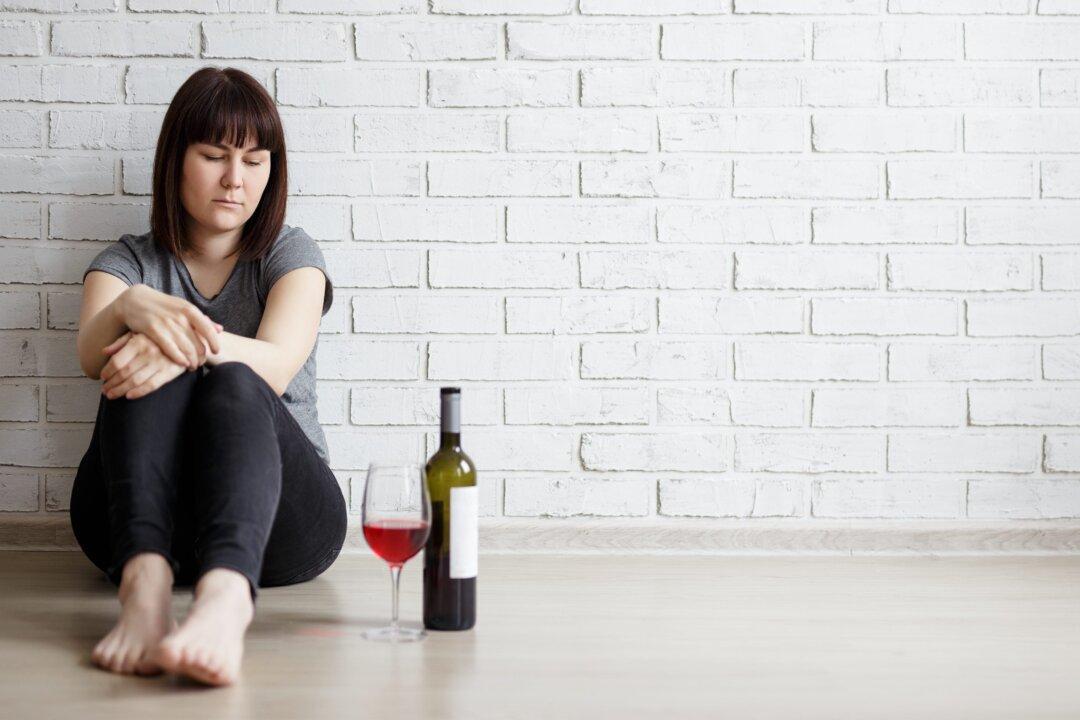My history with alcohol has been fairly tame. In my teen years, I partied with friends, but eventually my drinking tapered off as I got older and focused more on physical and spiritual health.
Over the years, my attitude toward drinking ranged from indifference to suspicion as I noticed how others used or misused alcohol. My own use as an adult went through long periods of complete abstinence. My late husband, John, and I weren’t regular or heavy drinkers. But we did have the occasional bottle of wine, and he liked his microbrews.

